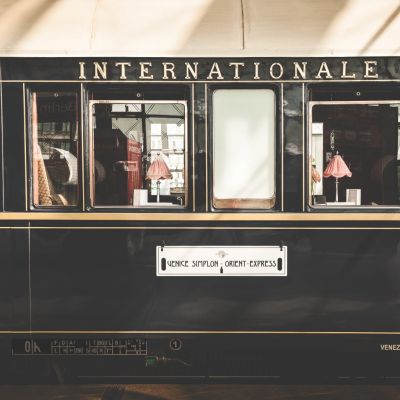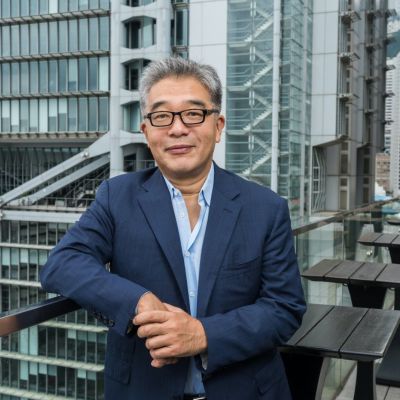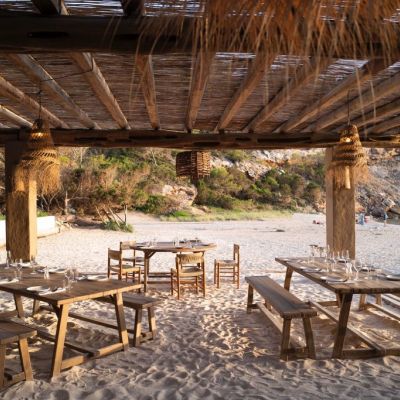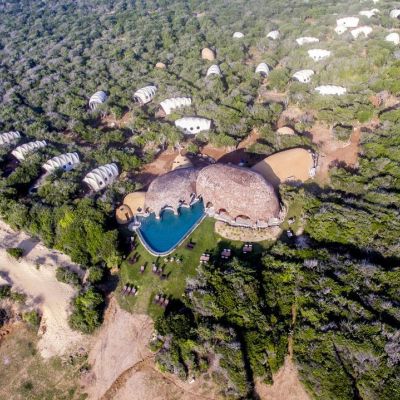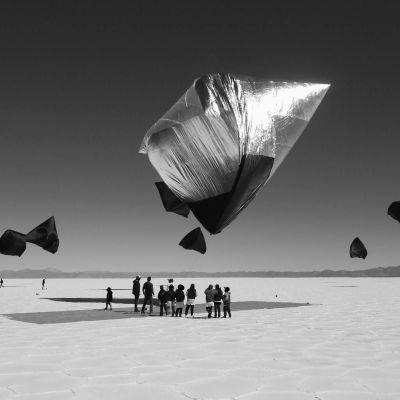Jimmy Carter On Syria, Art & Outliving the Last Guineaworm
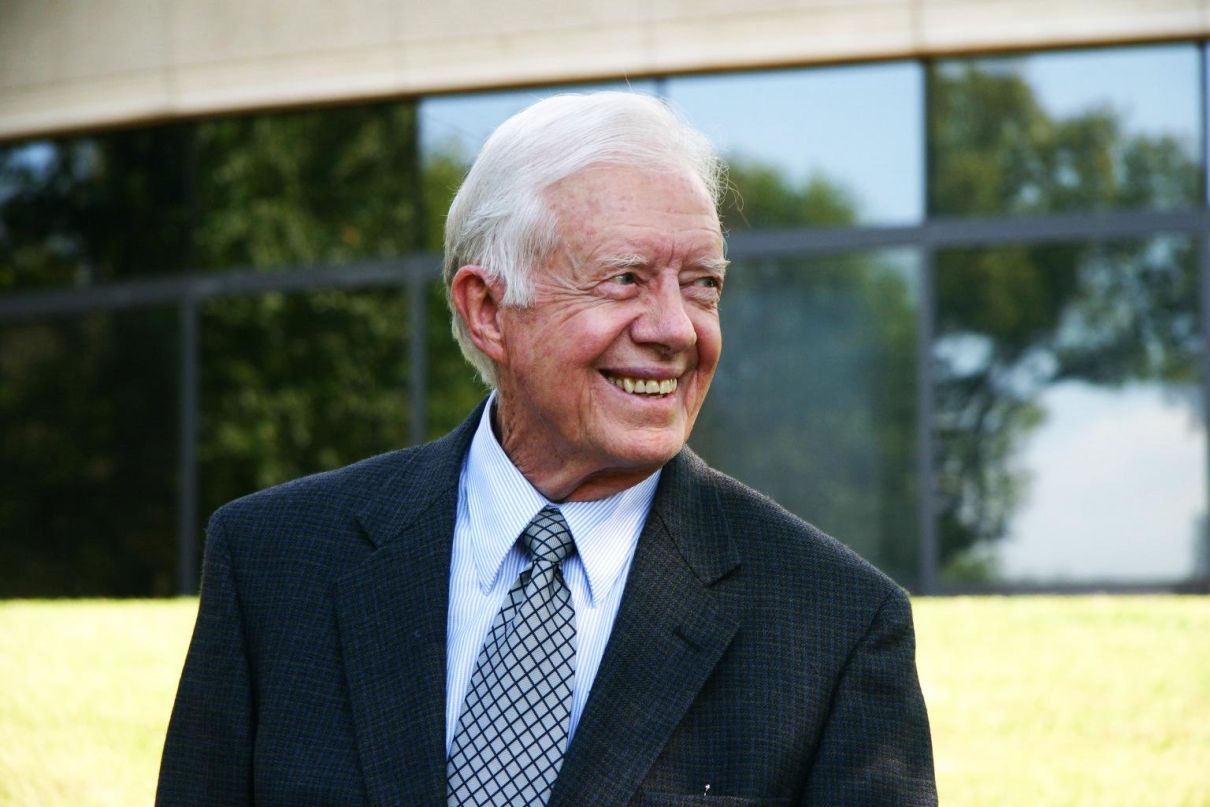
Former US president Jimmy Carter has made it his life’s mission to make the world a better place.
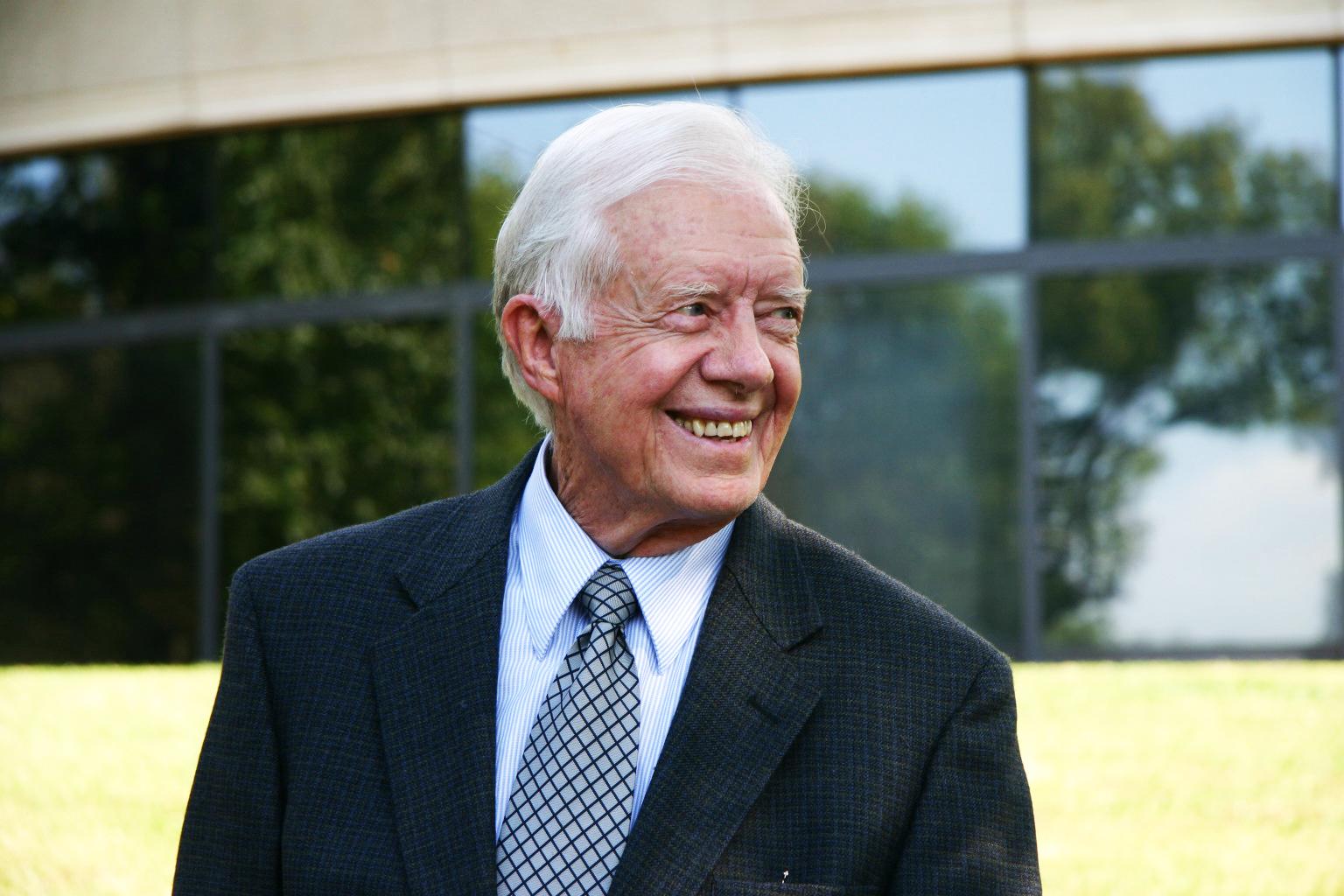 Jimmy Carter (c) The Carter Center
Jimmy Carter (c) The Carter Center
For most people, rising from rural obscurity to US president would be the achievement of a lifetime. For Jimmy Carter, he was just getting started. Now, at the age of 92, with a plethora of accolades for his work through The Carter Center, including the United Nations Human Rights Prize, the Nobel Peace Prize and last year's inaugural Lui Che Woo Prize, he has no plans to slow down.
“My goal is to outlive the last Guinea worm,” he jokes in his warm southern drawl over the phone from his home in Atlanta, Georgia. “When we started out there were 3.5 million cases of the Guinea-worm disease in 21 countries; at last count we had that down to 25 individual cases. We are looking forward to having this disease be the second in history eradicated [the first was smallpox] from all nations.”
Indeed, healthcare is the primary commitment of The Carter Center, which he founded with his beloved wife Rosalynn in 1982. The focus is on “neglected tropical diseases” that are no longer known in the developed world and so don’t get the charitable support or spotlight they deserve, despite the fact that they afflict hundreds of millions of people in Africa and Latin America. The reason for this focus, explains Carter, is twofold.
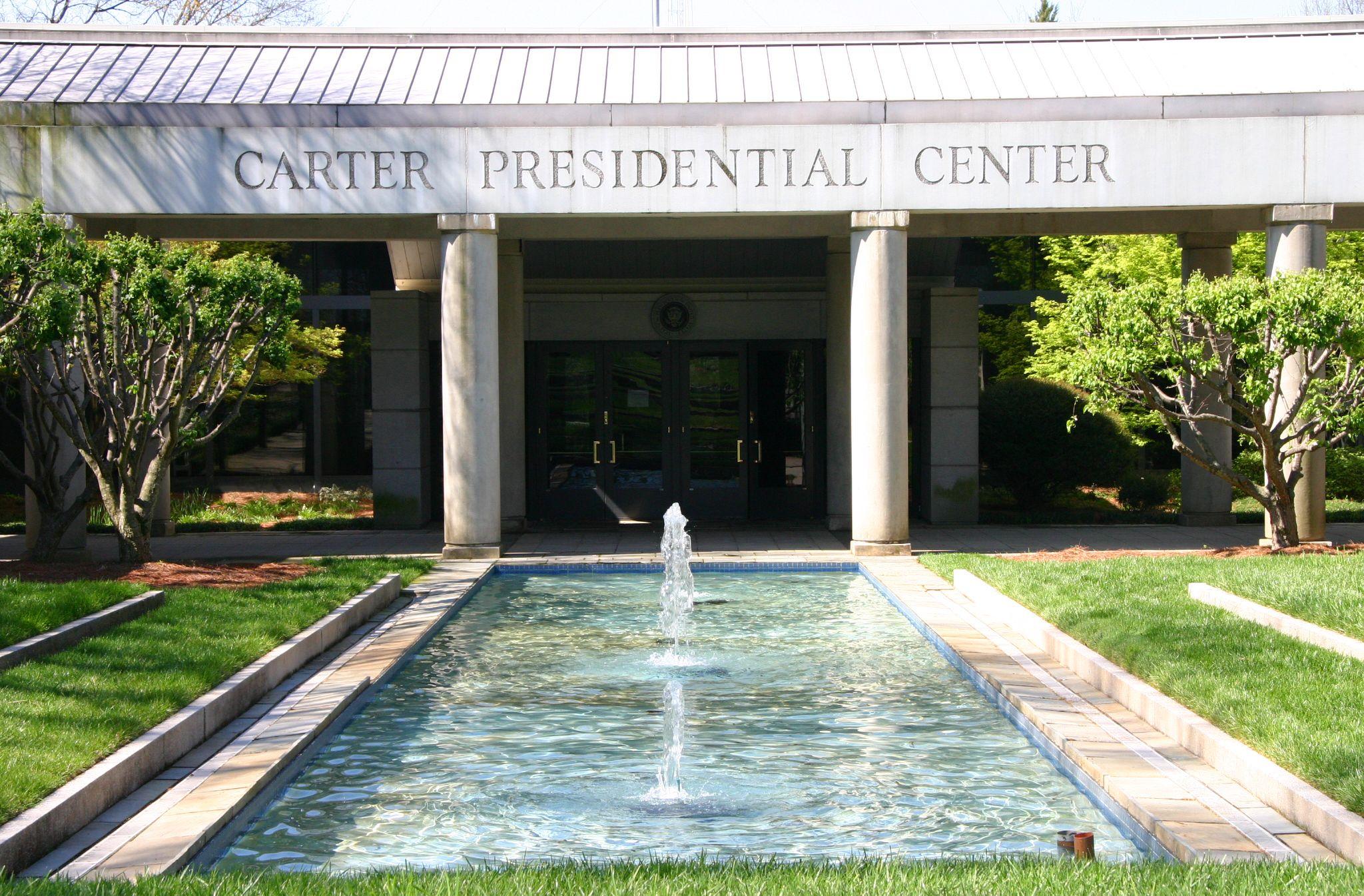 The Carter Center in Atlanta, Georgia
The Carter Center in Atlanta, Georgia
“The Carter Center has always had a policy, since I founded it, of not duplicating or competing with people who are doing a good job already. If people are adequately fixing a problem, we don’t get involved. We just try to fill vacuums in the world,” he said. Second, Carter prefers the missions that he can not only take on, but complete. “The Carter Center is the only organisation in the world that analyses every human disease to see which could be eradicated or eliminated. And those are the ones we concentrate on.”
‘Owning’ a disease is a remarkably pragmatic and forward-thinking for a 35-year-old institution, and it works. Every year, The Carter Center treats 35 million or more of the world’s poorest people for river blindness, schistosomiasis, elephantiasis, trachoma, and Guinea worm. As well as nearly eradicating Guinea worm, the Center is responsible for a third of the world’s surgeries to correct trachoma, and has eliminated river blindness from four indigenous countries.
But last year there was a time when he and his family weren’t sure if he would see the end of his Guinea-worm race. At the time of our conversation, Carter is recovering from metastatic cancer thanks to a ground-breaking immunotherapy treatment. “I had a very troubling experience with cancer this year. I had a quarter of my liver removed and a tumour in the brain. But the treatments have been very good, and I’m being vigilant now,” he explains lightly.
A deeply religious man, Carter regularly lectures on theology, health and political science at Emory University. In his spare time he fishes, carves furniture and paints beautifully although he is modest about his hobby - "I realised many years ago I do not have any special talent as an artist," he said in his autobiography, A Full Life. He donates his paintings to be sold at charity auction. Winning bids have ranged from US$50,000 to US$1 million. He has authored over two dozen books, including a Pulitzer Prize finalist, and is frequently consulted on global conflict management. About the situation in the Middle East, he believes there is a clear way forward.
“The key problem in the Middle East is between Israel and its neighbours. The US should recognise Palestine as a state, and help Palestine achieve United Nations membership, and that would be the best step forward.” This would clear the way for a Security Council resolution on the future of the Israeli-Palestine conflict, counter the one-state reality that Israel is imposing, and lay the foundation for future diplomacy.
“The war in Syria is by far the most serious problem today,” he continues. “My own view is the first thing is to have a peace agreement that requires cooperation between the US and Russia. Second, we need to have an agreement between the Syrian government and the opposition. The attack on Yemen by Saudi Arabians, supported by the US, was a bad mistake. Another key problem is the competition between Israelis and Saudi Arabians. The Middle East is a complex problem.”
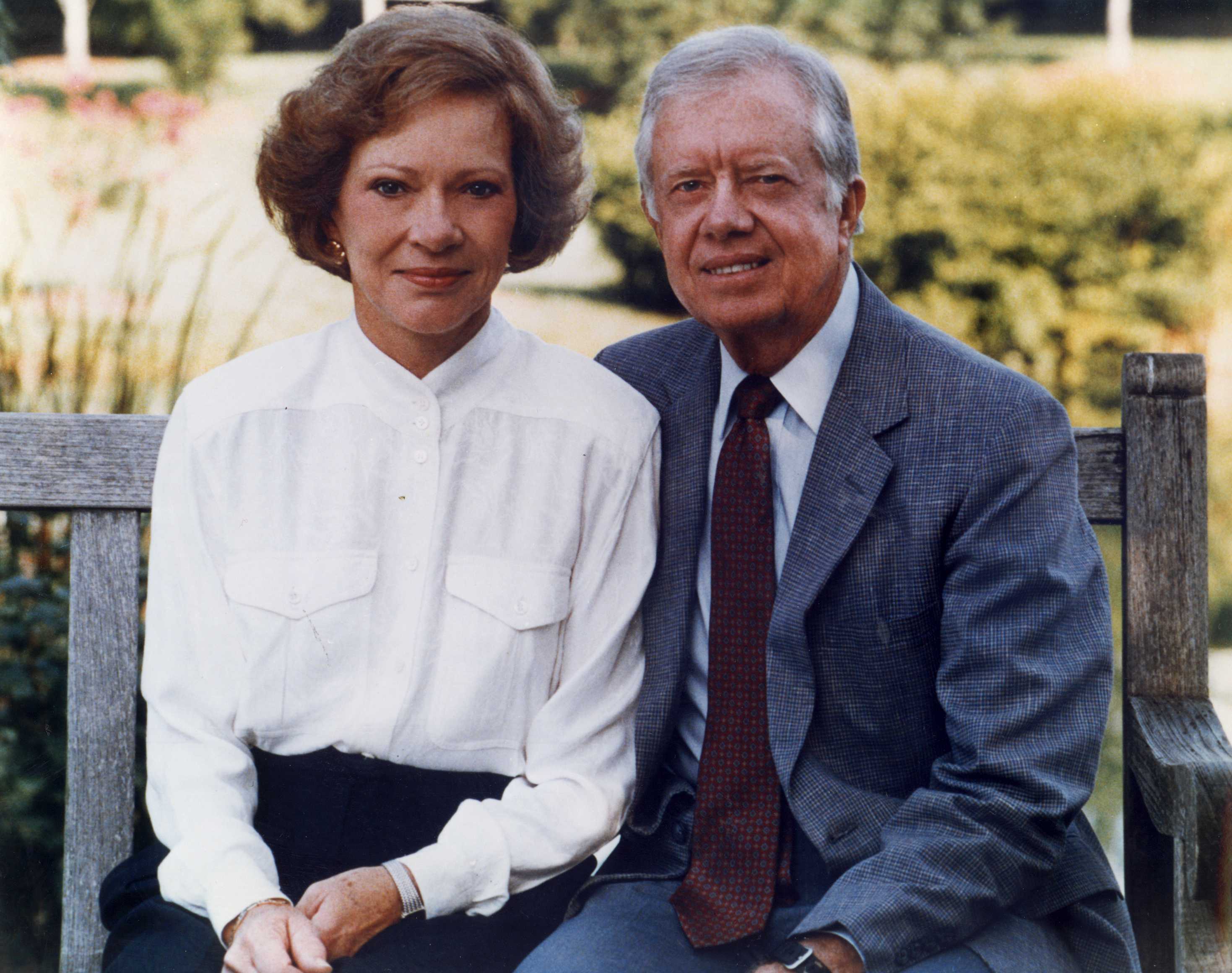 With his beloved wife Rosalynn (c) The Carter Center
With his beloved wife Rosalynn (c) The Carter Center
During his term as 39th US president, Carter was known for peace and justice. “Vice-president [Walter] Mondale summarised our administration by saying: ‘We told the truth, we obeyed the law, we kept the peace.’ I would add that we championed human rights,” he wrote in his autobiography, A Full Life. Carter maintained good terms with most presidents who followed him, with the exception of Ronald Reagan, with whom he said relations were “strained”.
What does he think of the latest US president? “We’ve got 22 voters in our family and we all voted Hillary. We were disappointed but we acknowledged that Trump won fair and square, and we have to give him support. I am inclined to be optimistic about the world.”
Optimist he may be, but there is plenty that keeps him up at night. “Syria is very troubling; the threat from North Korea is very troubling. The best thing that every major nation can do is set an example for peace and human rights — let those be the prevailing commitments of the nation. If we can concentrate on those two things, that would be the key to future progress.”
This article first appeared in September 2017's Journey Issue. To subscribe contact

